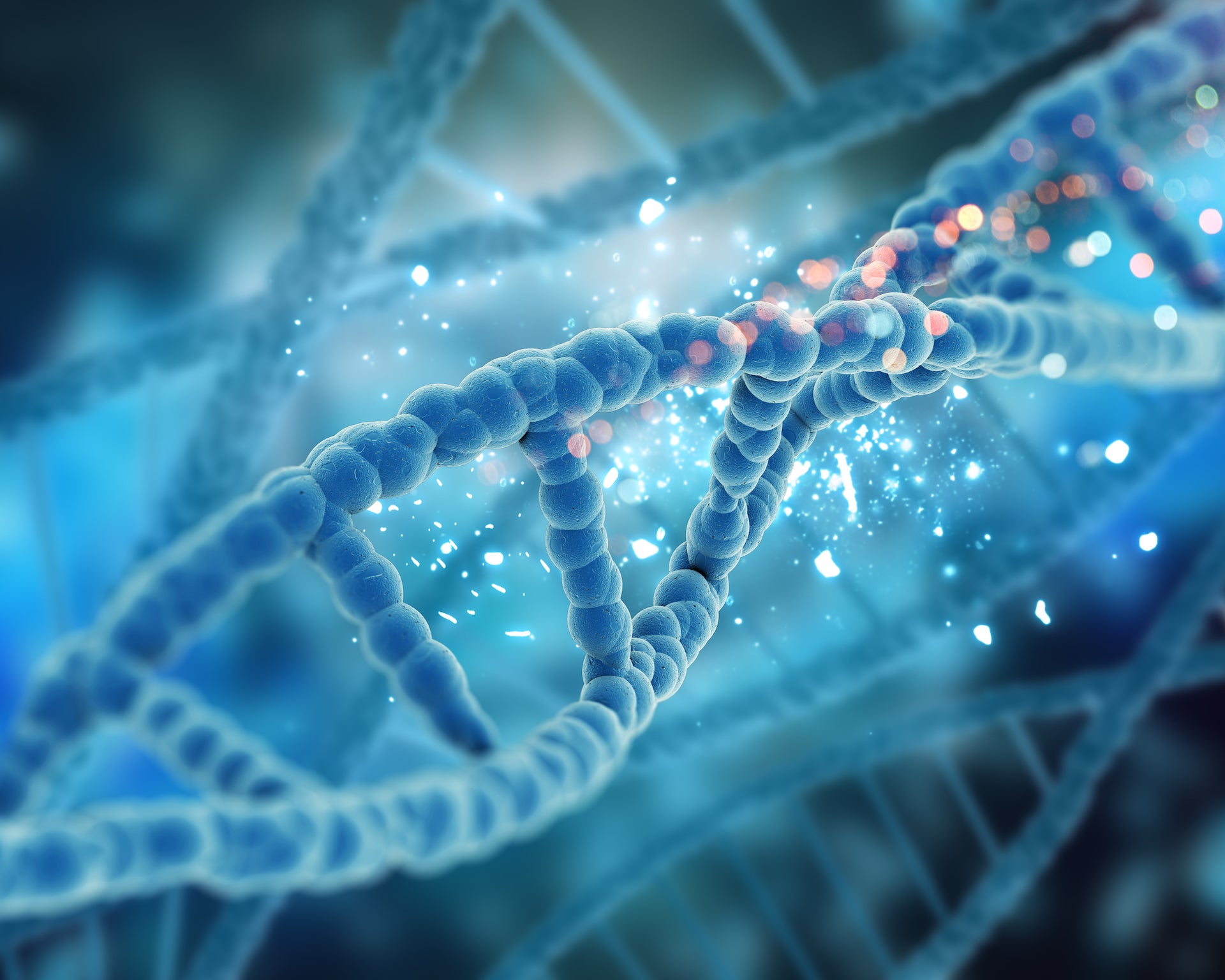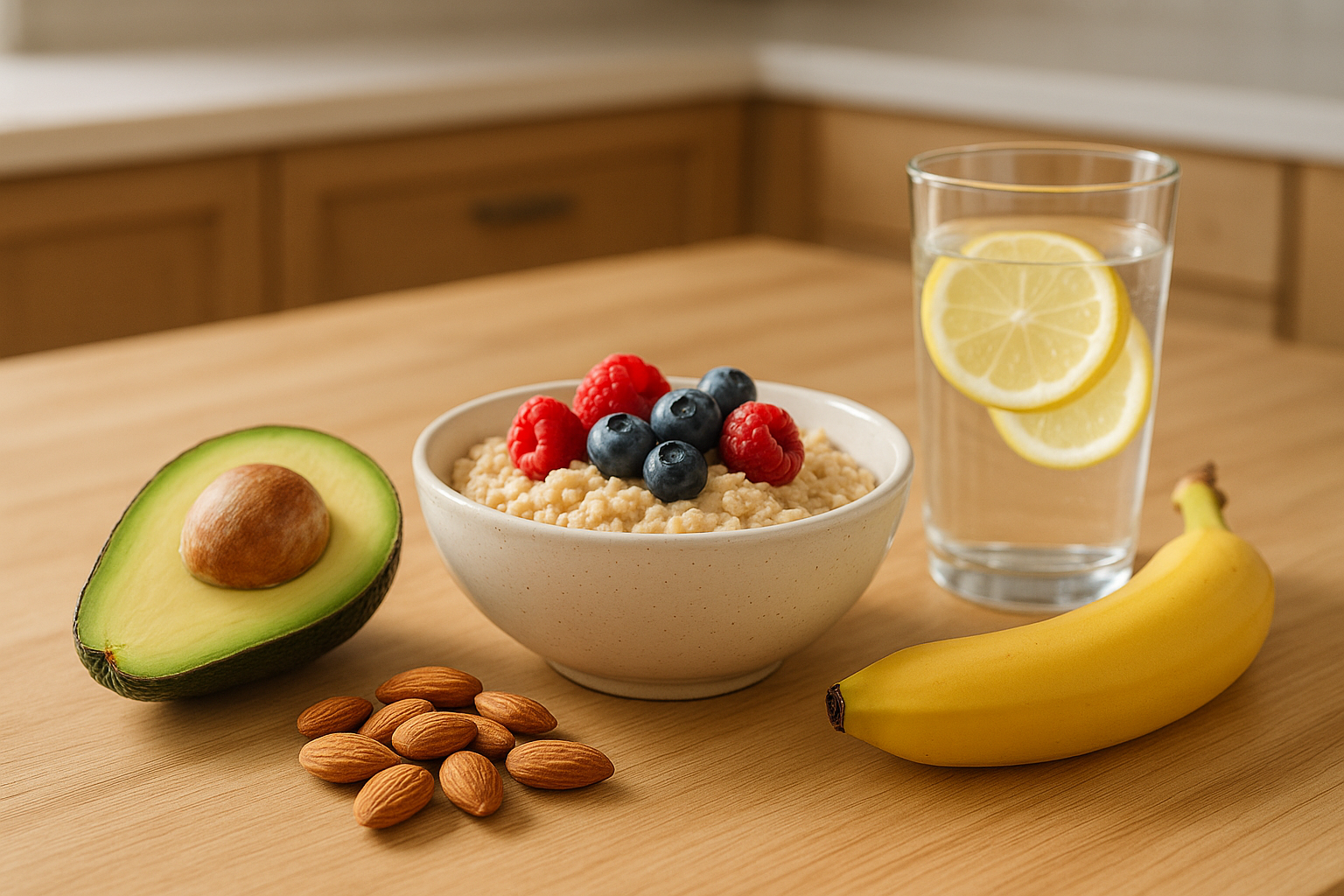
Are DNA Diets Really Effective Or Is It Just A Myth?
What are DNA diets?
DNA diets, also known as genetic-based diets, are a relatively new approach to personalized nutrition that claim to provide customized dietary recommendations based on an individual's genetic information. The idea behind DNA diets is that by analyzing specific genetic markers, such as variations in genes related to metabolism, nutrient absorption, or food preferences, tailored dietary plans can be developed to optimize health and weight management.
Are DNA diets science backed?
However, it's important to note that the scientific evidence supporting the effectiveness of DNA diets is currently limited. While our genes do play a role in how our bodies process and respond to different nutrients, the relationship between genetics and diet is highly complex and not yet fully understood.
Several studies have investigated the impact of genetic-based diets on weight loss and other health outcomes, but the results have been mixed. Some studies suggest that genetic-based diets may lead to better adherence and improved weight loss outcomes compared to standard diets, while others have found no significant difference. Moreover, there is a lack of large-scale, long-term studies to conclusively establish the efficacy of DNA diets.
It's worth noting that many companies offering DNA-based diet plans rely on direct-to-consumer genetic testing kits to analyze an individual's DNA. These kits often have limitations in terms of accuracy and the specific genes they analyze. Additionally, genetic information alone may not provide a comprehensive understanding of an individual's overall health, as other factors like lifestyle, environment, and personal preferences also influence dietary needs.
How do you approach a DNA diet?
A DNA diet test typically involves the following steps:
Ordering a kit: You start by ordering a DNA diet test kit from a company that offers this service. These kits are usually available online and can be shipped to your home.
Providing a DNA sample: The kit will contain instructions on how to collect your DNA sample. This is typically done by swabbing the inside of your cheek with a cotton swab provided in the kit. The swab collects cells containing your DNA.
Sending the sample: Once you've collected the DNA sample, you will need to send it back to the company. The kit will include a prepaid envelope or instructions on how to return the sample.
DNA analysis: The company will receive your DNA sample and analyze it in their laboratory. They will extract the DNA from the cells collected on the swab and analyze specific genetic markers or variations that are relevant to nutrition and health.
Report generation: Based on the analysis of your DNA, the company will generate a report that provides personalized dietary recommendations. This report may include information about your genetic predispositions related to nutrient metabolism, food sensitivities, dietary preferences, or other factors that may influence your nutritional needs.
Interpretation and guidance: Once you receive the DNA diet report, you can review the recommendations provided. Some companies offer additional services, such as consultations with registered dietitians or nutritionists, to help you understand and implement the dietary recommendations effectively.
It's important to note that the level of detail and accuracy of DNA diet tests can vary among different companies. Some tests may analyze a limited set of genetic markers, while others may offer more comprehensive analyses. The scientific validity and reliability of the genetic markers used by these companies can also vary, so it's crucial to research the reputation and credibility of the company before purchasing a DNA diet test kit.
It's worth emphasizing that the field of nutrigenomics, which studies the interaction between genetics and nutrition, is still evolving. Therefore, the information provided in DNA diet tests may not be comprehensive or conclusive. It's always a good idea to consult with a registered dietitian or healthcare professional who can provide personalized guidance based on multiple factors, including your genetic information.
Is it worth pursuing a DNA diet plan?
Whether pursuing a DNA diet plan is worth it depends on various factors, including your individual goals, budget, and overall perspective on personalized nutrition. Here are a few considerations to help you make an informed decision:
Scientific evidence: As mentioned earlier, the scientific evidence supporting the effectiveness of DNA diets is currently limited and mixed. While the concept is intriguing, it's important to recognize that our understanding of the complex interplay between genetics and nutrition is still evolving. If you prioritize evidence-based approaches, you may want to wait for more robust research before fully embracing a DNA diet plan.
Personalized guidance: One potential benefit of a DNA diet plan is receiving personalized dietary recommendations based on your genetic information. These recommendations may include information on nutrient metabolism, food sensitivities, or dietary preferences specific to your genetic makeup. However, it's important to remember that genetics is just one piece of the puzzle, and other factors like lifestyle, environment, and personal preferences also play significant roles in determining nutritional needs. Consulting with a registered dietitian or healthcare professional who can consider multiple factors may provide a more comprehensive and personalized approach.
Motivation and adherence: Some individuals find that the personalization aspect of a DNA diet plan increases their motivation and adherence to dietary changes. The sense of having a tailored plan based on their unique genetic makeup can provide a sense of novelty and engagement. If you believe that this personalization factor would positively impact your motivation and compliance, a DNA diet plan may be worth considering.
Cost and affordability: DNA diet tests and associated services can vary in cost. It's essential to evaluate the financial aspect and determine if the potential benefits align with your budget. Additionally, consider the long-term sustainability of any dietary changes recommended by the DNA diet plan. Ensure that the costs are reasonable and manageable for you over an extended period.
Balanced perspective: While a DNA diet plan may provide insights and recommendations, it's crucial to maintain a balanced perspective on nutrition. Focusing solely on genetic information may overshadow the importance of overall dietary patterns, portion control, and a well-rounded approach to health and wellness. It's essential to consider a holistic view of nutrition that encompasses multiple factors beyond genetics.
Ultimately, the decision to pursue a DNA diet plan is a personal one. If you are curious and willing to explore personalized nutrition based on your genetic information, it may be worth trying. However, keep in mind the current limitations and consult with healthcare professionals to ensure that you approach it in a well-informed and balanced manner.
In summary, while the concept of DNA diets is intriguing and has the potential to revolutionize personalized nutrition in the future, the current scientific evidence is insufficient to support their widespread effectiveness. It's always a good idea to consult with a registered dietitian or healthcare professional who can provide evidence-based guidance tailored to your specific needs and goals.



















